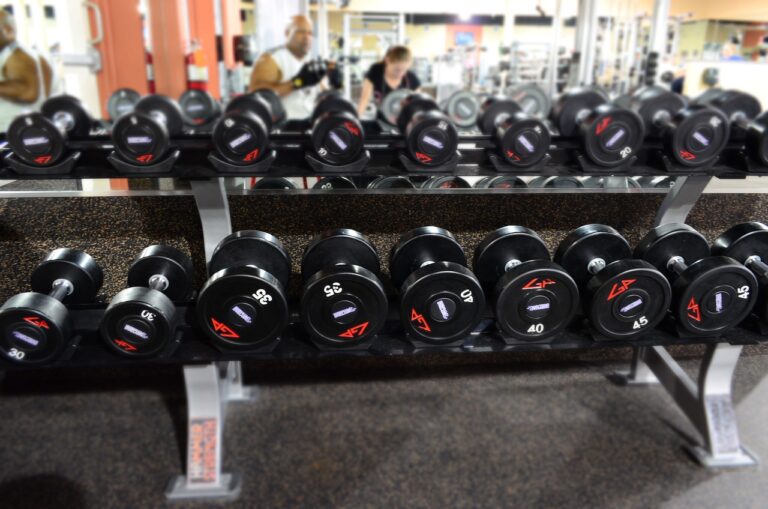Home Health Care for Feeding and Nutrition: Cricbet99com, Sky11. Live login, Cricbet99 reddy anna
cricbet99com, sky11. live login, cricbet99 reddy anna: Feeding and nutrition are essential components of overall health and well-being, especially for individuals receiving home health care. When a person is unable to feed themselves or has specific dietary needs, it is vital for caregivers to have a solid understanding of proper feeding techniques and nutrition guidelines. In this blog post, we will explore some important considerations for providing home health care for feeding and nutrition.
Understanding Dietary Needs
One of the first steps in providing proper home health care for feeding and nutrition is understanding the individual’s dietary needs. This may involve working with a healthcare provider or dietitian to create a customized meal plan that meets the person’s specific nutritional requirements. It’s important to consider any food allergies, intolerances, or medical conditions that may impact the person’s diet.
Proper Feeding Techniques
For individuals who require assistance with feeding, it’s crucial to use proper techniques to ensure they are receiving adequate nutrition. This may involve using adaptive feeding utensils, positioning the person correctly for meals, and providing food in a safe and comfortable manner. Caregivers should also be mindful of the person’s preferences and respect their autonomy when it comes to mealtime choices.
Monitoring and Assessment
Regular monitoring and assessment of the person’s nutritional status are essential for ensuring they are receiving proper nourishment. Caregivers should keep track of food intake, weight changes, and any signs of malnutrition or dehydration. If there are concerns about the person’s nutritional status, it’s important to consult with a healthcare provider for further evaluation and recommendations.
Meal Planning and Preparation
Meal planning and preparation can be a significant challenge for caregivers providing home health care. It may be helpful to establish a routine for meals and snacks, as well as prepare nutritious and appealing foods that meet the person’s dietary needs. Caregivers should also be aware of any special instructions or dietary restrictions and follow them closely to ensure the person’s health and well-being.
FAQs
Q: How can I encourage a loved one to eat if they have a poor appetite?
A: Encouraging a loved one to eat can be challenging, but there are a few strategies you can try. Offer small and frequent meals, include their favorite foods, and make mealtime a social and enjoyable experience.
Q: What should I do if a person is unable to eat solid foods?
A: If a person is unable to eat solid foods, a healthcare provider may recommend alternative options such as pureed or liquid diets. It’s essential to follow their recommendations to ensure the person is receiving adequate nutrition.
Q: How can I help a person maintain proper hydration?
A: Encourage the person to drink fluids regularly throughout the day and offer a variety of beverages such as water, juice, and herbal teas. Monitoring their fluid intake and providing easy access to drinks can help maintain proper hydration.
In conclusion, providing home health care for feeding and nutrition requires knowledge, patience, and dedication. By understanding the individual’s dietary needs, using proper feeding techniques, monitoring their nutritional status, and planning and preparing meals effectively, caregivers can help ensure the person’s health and well-being are maintained. If you have any specific concerns or questions about feeding and nutrition for your loved one, don’t hesitate to consult with a healthcare provider for guidance and support.







